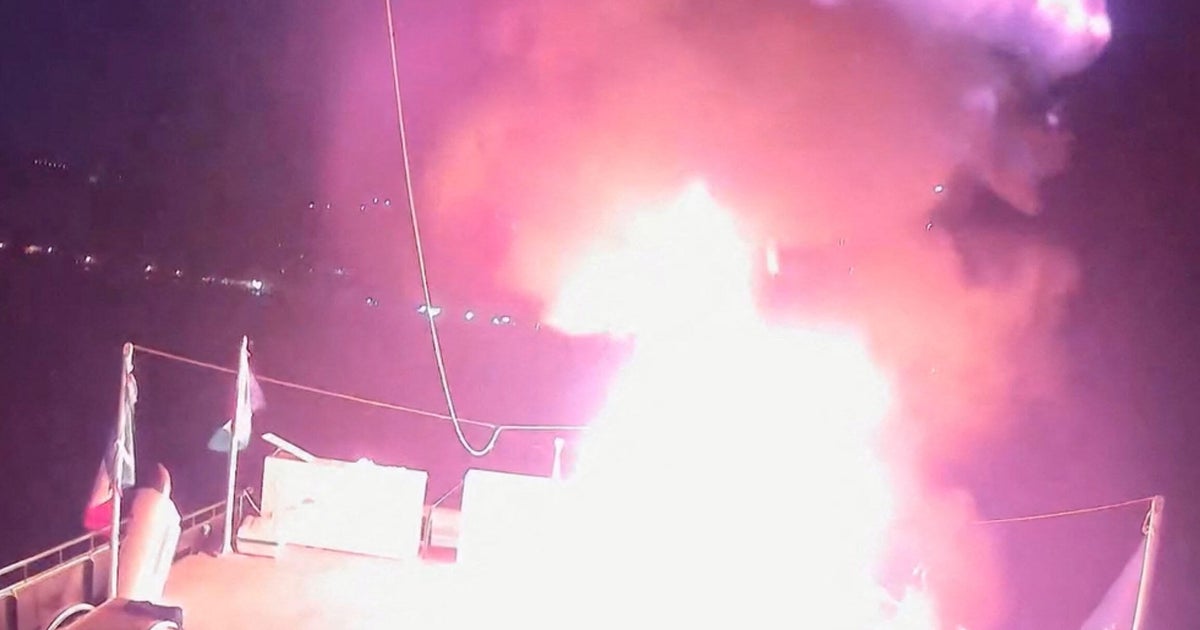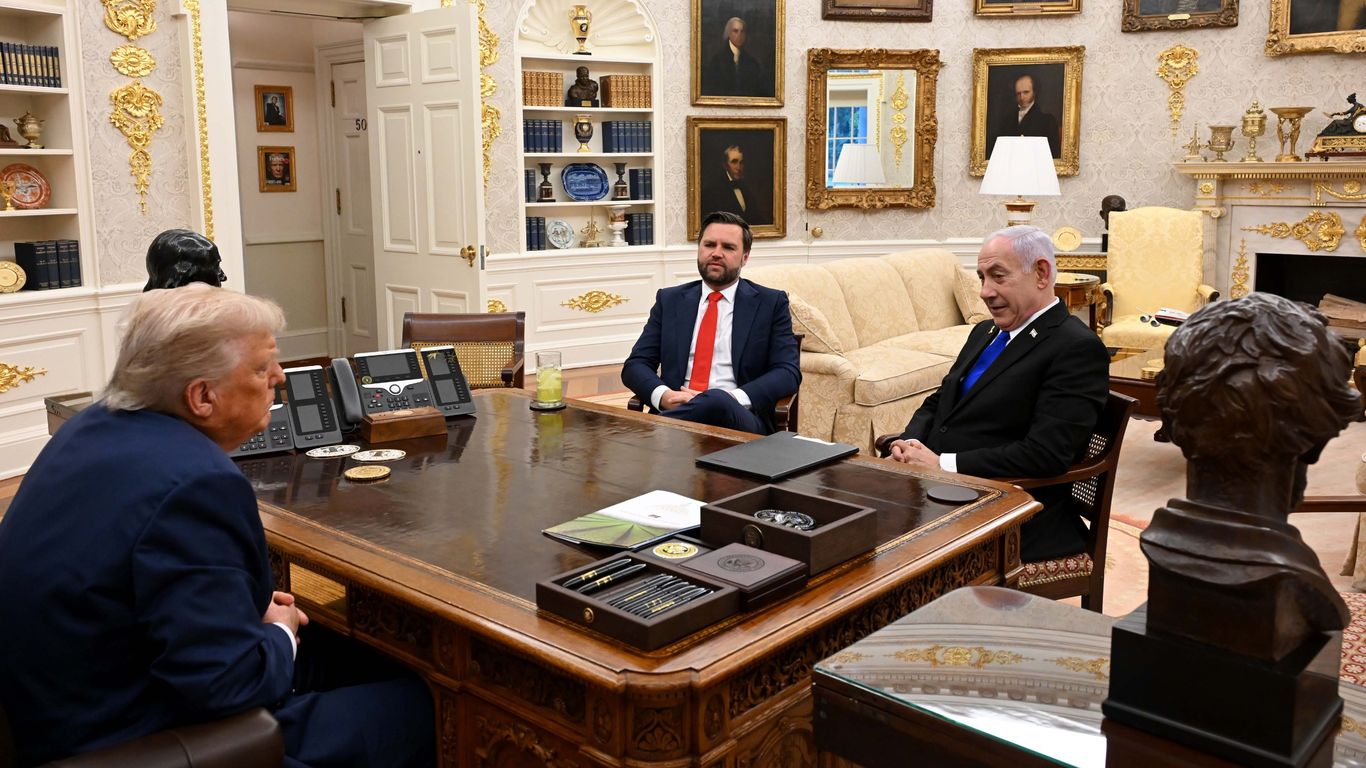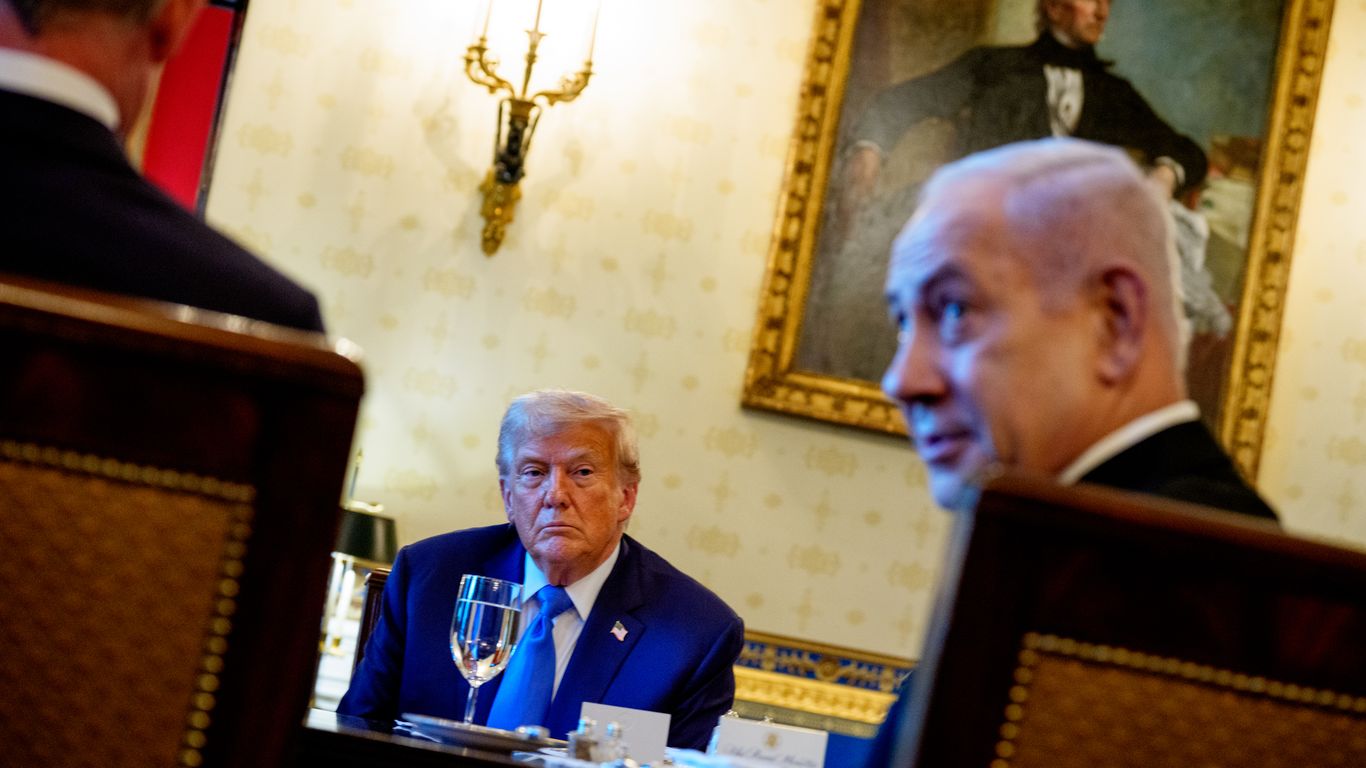Netanyahu's Drone Attacks on Gaza-Bound Aid Boats

Netanyahu's Drone Attacks on Gaza-Bound Aid Boats
Israeli Prime Minister Benjamin Netanyahu reportedly authorized drone strikes on two humanitarian aid vessels headed to Gaza last month. These boats, part of a flotilla carrying activists including Swedish climate campaigner Greta Thunberg, were moored off Tunisia’s port of Sidi Bou Said when the attacks occurred. The drones, launched from a submarine, dropped incendiary devices that caused fires but no injuries, according to U.S. intelligence sources.
Context and Legal Concerns
Israel has maintained a naval blockade of Gaza since 2009, aiming to restrict maritime traffic to the region. The use of incendiary weapons against civilian vessels raises serious concerns under international humanitarian law, which prohibits targeting civilian objects in conflict zones. The flotilla was intended to deliver critical humanitarian aid and political support to Gaza amid ongoing tensions.
Reactions and Implications
The attacks sparked international condemnation and protests, especially from countries whose citizens participated in the flotilla. Israeli forces have intercepted numerous vessels attempting to break the blockade, emphasizing the ongoing complexity and volatility surrounding aid efforts to Gaza.
About the People Mentioned
Benjamin Netanyahu
Benjamin Netanyahu, born on October 21, 1949, in Tel Aviv, Israel, is a prominent Israeli politician and diplomat who has served as Prime Minister of Israel three times (1996–1999, 2009–2021, and from 2022 onwards). He began his career in the Israeli military's special operations and later transitioned into politics in the late 1980s, joining the Likud party[1][2]. Netanyahu first became prime minister in 1996, during which time he signed the Hebron and Wye Accords, advancing peace efforts with the Palestinians. His administration focused on economic reforms such as government privatization, liberalizing currency regulations, and reducing deficits. After losing the 1999 election, he served as foreign minister and finance minister before reclaiming the Likud leadership in 2005[1][3][4]. Returning as prime minister in 2009, Netanyahu formed a national unity government and proposed a demilitarized Palestinian state recognizing Israel as the Jewish state, emphasizing security concerns. His tenure was marked by fluctuating peace negotiations with the Palestinians and contentious policies including settlement expansions. He also maintained a hawkish stance on Iran and supported the Iraq war[1][3][5]. In 2022, Netanyahu made a political comeback as prime minister, leading a coalition that included far-right parties. His leadership during this period has been pivotal amid the 2023–2024 Israel-Hamas conflict, with significant domestic and international implications[2]. Netanyahu is Israel’s longest-serving prime minister and remains a central figure in Israeli politics, known for his strong security policies, economic reforms, and complex role in the Israeli-Palestinian conflict. His career has been marked by both political resilience and controversy, reflecting his enduring influence on Israel’s domestic and foreign affairs[2][3][5].
Greta Thunberg
Greta Tintin Eleonora Ernman Thunberg, born January 3, 2003, in Stockholm, Sweden, is a Swedish environmental activist renowned for her leadership in the global movement to combat climate change. She rose to international prominence in 2018 when, at age 15, she began striking from school every Friday to protest outside the Swedish Parliament, demanding stronger climate action. This initiative sparked the worldwide "Fridays for Future" movement, inspiring millions of young people to engage in climate activism globally. Thunberg’s activism focuses on urging governments and leaders to take urgent and meaningful steps to reduce carbon emissions and adhere strictly to the Paris Agreement goals. Her direct and science-based approach has made her a prominent figure addressing international forums, including the United Nations. She has been nominated for the Nobel Peace Prize consecutively from 2019 to 2023. Raised in an artistic family—her mother is opera singer Malena Ernman and her father actor Svante Thunberg—Greta was diagnosed with Asperger syndrome, an autism spectrum disorder, which she has described as her "superpower" for its role in her focused activism. From a young age, she adopted a vegan lifestyle and sought to reduce her carbon footprint by influencing her family’s choices, such as avoiding air travel. Beyond climate change, Thunberg has expanded her advocacy to include human rights and global justice issues, voicing support for causes like Ukraine and Palestine. In 2025, she participated in humanitarian efforts, including joining flotillas to the Gaza Strip. Thunberg’s influence, often called the "Greta effect," has significantly shaped public discourse on climate change and youth engagement worldwide, earning her numerous honors including Time magazine’s Person of the Year in 2019[1][3][4][6].
About the Organizations Mentioned
U.S. Intelligence
The U.S. Intelligence Community (IC) is a coalition of 18 agencies and organizations that collectively gather, analyze, and disseminate intelligence to safeguard U.S. national security interests domestically and globally. Its core mission is to provide policymakers, military leaders, and law enforcement with timely, nuanced, and independent intelligence on diverse threats, including terrorism, cyberattacks, transnational crime, and geopolitical adversaries[1][3][7]. Key agencies within the IC include the Central Intelligence Agency (CIA), National Security Agency (NSA), and the Office of the Director of National Intelligence (ODNI), which coordinates the entire community. Historically, the U.S. Intelligence Community expanded significantly after World War II, formalized by the National Security Act of 1947 and further structured with the creation of the ODNI in 2004 to improve coordination post-9/11. Over decades, the IC has adapted to evolving threats, from Cold War espionage to counterterrorism and cyber warfare[9][10]. One of the IC’s hallmark achievements is its ability to provide comprehensive threat assessments, such as the Annual Threat Assessment (ATA), which publicly outlines current and emerging global risks to U.S. security. The 2025 ATA highlights significant challenges including state actors like China and Russia, nonstate terrorist groups, and cyber threats targeting critical infrastructure and intellectual property[1][3][5][6]. These assessments inform not only government strategy but also industry and technology sectors by identifying vulnerabilities and emerging technologies exploited by adversaries. Currently, the IC faces complex challenges balancing effective intelligence gathering with political oversight and operational independence. Contemporary debates, such as those revealed by Project 2025, focus on the organizational leadership and the tension between presidential control and community autonomy[2]. The IC continues to innovate technologically, leveraging advanced cyber capabilities and intelligence fusion to counter dynamic threats. Notable aspects of the U.S. Intelligence Community include its vast workforce of analysts, operatives, and cyber specialists, its integration















